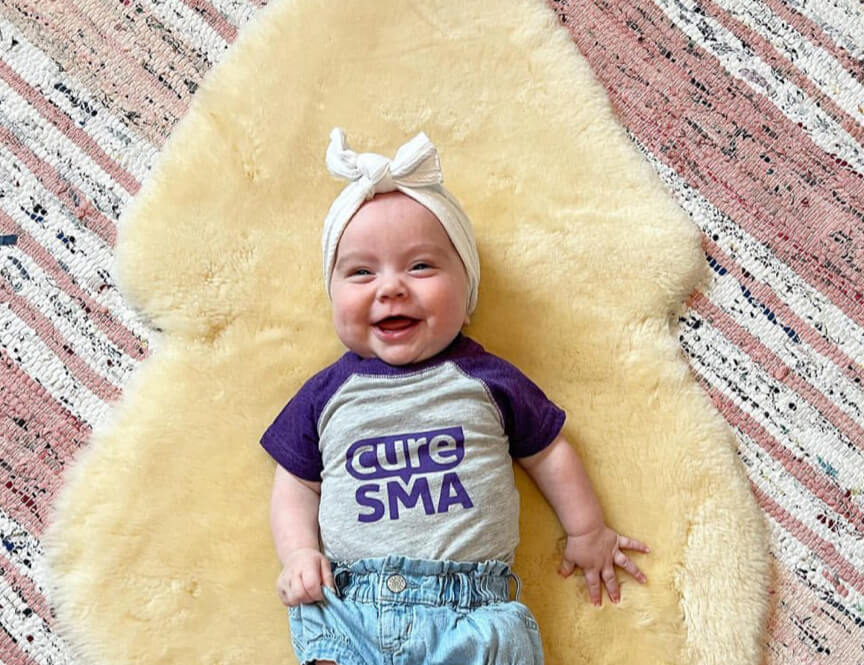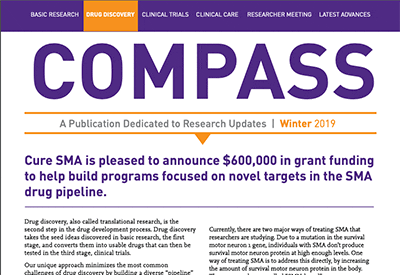Members of Cure SMA’s Medical Advisory Council (MAC) have gathered in Chicago for two days of meetings to set the agenda for the care of SMA individuals and families.
Our MAC is chaired by Mary Schroth, MD, a leading pulmonologist, and professor of pediatrics. The MAC is one of the most highly respected bodies of SMA medical and clinical experts in the US, including experts in specialties such as pulmonology, neurology, physical therapy, sociology, physical medical and rehabilitation, orthopedics, cardiology, palliative care, pediatric critical care, and nutrition.
The MAC focuses on educating families, healthcare providers, and the public about SMA; expanding SMA standards of care; and translating positive research results into clinical practice.
Clinical Care Research Grants
One of the top items on the MAC’s agenda is the awarding of up to $150,000 in new clinical care grants. Clinical care research is part of Cure SMA’s comprehensive research funding strategy. We fund clinical care research to understand the issues that affect daily life for people with SMA, from breathing to nutrition, and to improve their quality of life today.
Earlier this year, we opened up a new clinical care research request for proposals (RFP). A clinical care RFP is an invitation for scientists to submit their best ideas for projects that address the clinical, psychological or social aspects of SMA. They explain what they want to study, how they plan to study it, and why they think it will help those affected by SMA.
Over the next two days, the MAC will evaluate all proposals to see which projects are the most intriguing, which have a well constructed study plan, and which match up with the most pressing unanswered questions about SMA. The best proposals will then receive a clinical care grant from Cure SMA.
Setting the Care Agenda for SMA
Also during these meetings, the MAC will be working to set the agenda for the next 3-5 years of care for SMA. Currently, several pilot studies in care (many funded by Cure SMA) are ongoing or have recently been completed.
The MAC will use these meetings to chart out next steps with the information that has already been learned from these pilot studies. They will look to scale these up, to see what impact the discoveries might have on the wider SMA population, and lead toward defining and improving the standard of care.
The MAC will also set out goals and plans for how this evidence and data will be used to educate medical professionals.
Our thanks to the MAC for their dedication and expertise.



